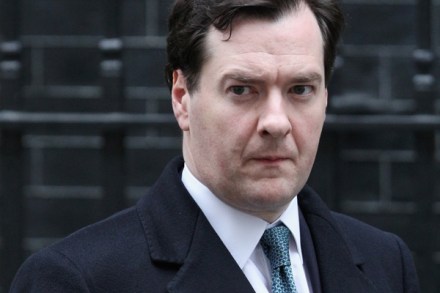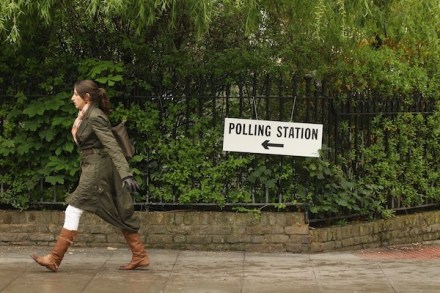Osborne needs to give the Lib Dems sleepless nights on supply-side reform
Ed Balls is doing very well out of the GDP figures that were released on Wednesday. The Shadow Chancellor is right to say that George Osborne is not yet doing the right thing with the economy. But that doesn’t mean Balls’ solution is the right one. Cuts should have been only one side of the deal, but as Iain Martin points out in today’s Sunday Telegraph, the other side which should have kickstarted growth – supply-side reform – is not forthcoming because Osborne and Cameron are afraid of offending the Lib Dems. Similarly, James says in his column today that too often attempts to strike a balance between the supply-side
















